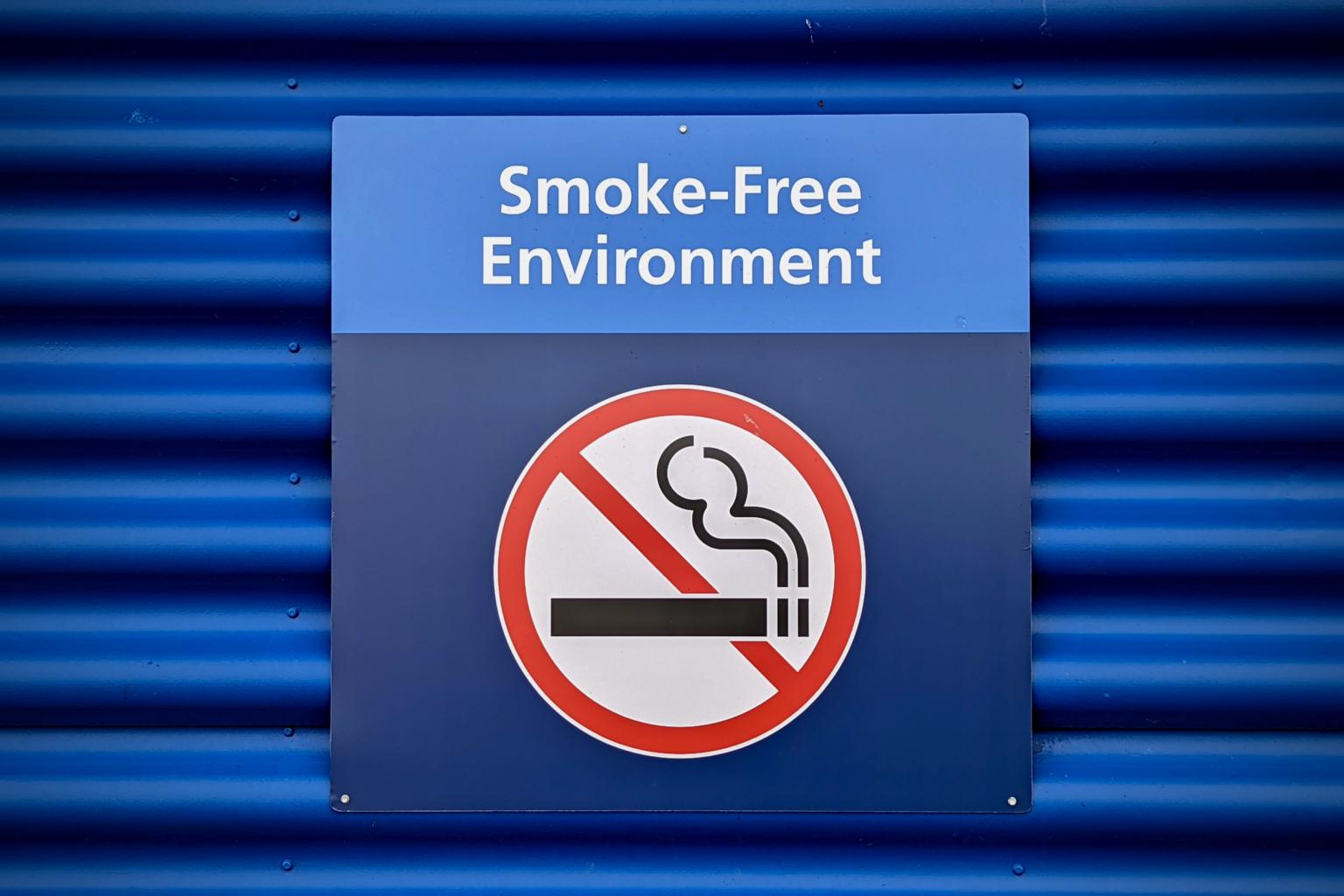New Zealand aims for smoke-free generation with new tobacco law
Sign up now: Get ST's newsletters delivered to your inbox

New Zealand will raise the legal smoking age by one year every year in a bid to create a smoke-free generation.
PHOTO: UNSPLASH
Follow topic:
WELLINGTON (BLOOMBERG) - New Zealand plans to raise the legal smoking age by one year every year, effectively banning the sale of tobacco to people born after 2008.
The government will introduce new legislation next year that will progressively lift the smoking age from 18, starting in 2027, Associate Health Minister Ayesha Verrall said Thursday (Dec 9) in Wellington.
The new law will also reduce the number of shops that can sell tobacco from 2024, and allow only smoked tobacco products containing very low levels of nicotine to be sold from 2025.
"We want to make sure young people never start smoking so we will make it an offense to sell or supply smoked tobacco products to new cohorts of youth," Ms Verrall said. "People aged 14 when the law comes into effect will never be able to legally purchase tobacco."
Creating a smoke-free generation is part of the government's campaign to reduce the prevalence of smoking in New Zealand to less than 5 per cent in all population groups, which it aims to achieve by 2025.
Officials estimate smoking kills as many as 5,000 people a year, accounting for 15 per cent of all deaths.
While smoking prevalence has dropped to 10 per cent among the New
Zealand's European population, it is still 28 per cent among Maori and 18 per cent for Pacific people.
Zealand's European population, it is still 28 per cent among Maori and 18 per cent for Pacific people.
Dr Chris Bullen, Professor of Public Health at the University of Auckland, said the government's plan - particularly the move to allow only very low nicotine levels in cigarettes - is world-leading and a potential game-changer.
If implemented as outlined, the measures "could just be the single most significant step we take as a nation to reducing preventable death and disease and reducing health inequities in the next few years," he said.
In the past, the government increased excise taxes on tobacco, driving up the price of smoking in an effort to discourage the habit.
But the policy drew criticism because it increased costs for low-income households where smoking is more widespread.
"We've already seen the full impact of excise tax increases," Ms Verrall said. "The government recognises that going further will not help people quit, it will only further punish smokers who are struggling to kick the habit."
In Singapore, it is illegal for anyone aged below 21 to buy, use, possess, sell or supply tobacco products. The age limit was raised from 20 this year, as the final part of a law passed in 2017 when the age limit was 18.
Smoking is banned in most indoor locations, as well as in all public areas within the Orchard Road precinct unless otherwise designated. Singapore banned all tobacco advertising in 1971 and mandated graphic warnings on the dangers of smoking on cigarette packs in 2004.

